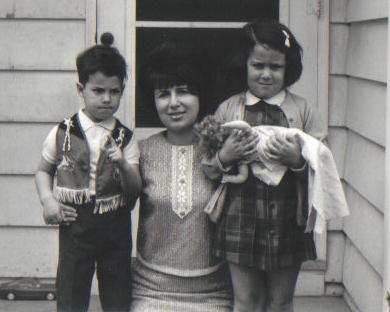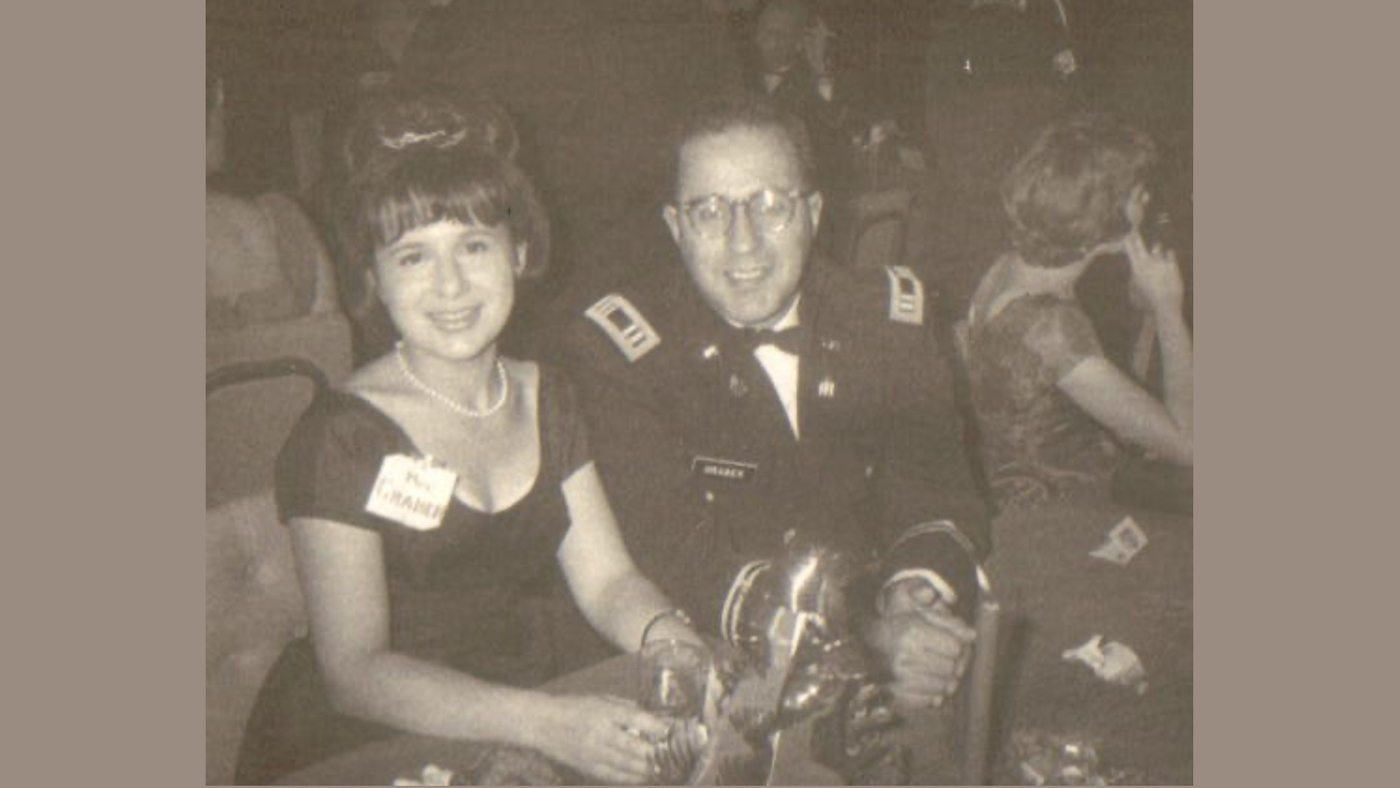Metamorphosis
Originally written in 1965. Edited in 1983, 1990, 2019, 2022.
The rear lights of the car disappeared. A second later even the faint growl of the motor was engulfed by the silence of the night. I was brutally dumped into a cold, dark, isolating solitude. The bright stars were staring down coldly, indifferent of the plight of men. For them life was a spectacle viewed from such distance that any feelings or emotions were lost between actors and viewers. Their cold light made me shiver. Nothing interrupted the unbearable silence of the lonely night. The lightless houses around me seemed skeletons, props, set up to create a dark, mysterious and gruesome atmosphere for a detective story. It was difficult to remember that behind those repulsive facades people were blissfully asleep, happy, content, unaware of any disturbance in their midst.
The only light came from behind me, from my house – our house – from the house we had spent so many days and nights, from the house that was sheltering the dreams of two little angels. Slowly, I turned toward this place of happy memories, hoping to find some mute consolation within these familiar walls, hoping to find a warm embrace of comfort in the cozy rooms. As I walked, however, the light pouring out of the gaping door suddenly lost its warmth. It seemed just as indifferent as the stars above. The house seemed repulsive, a cold, lifeless carcass. Like a sleepwalker, I crossed the unwelcoming threshold and locked the door behind me.
What now? I looked around, amazed to find the room intact, in the same condition it had been for years. I had expected to see everything shattered and broken. I had expected to find the house in the same turmoil I found myself. Yet, nothing had changed. The couch still showed the contours of his body, which had rested there minutes earlier. His deserted socks lay on the floor. His empty coffee cup still stood on the end table. The home reflected a frigid air of desolation and loneliness, which was accentuated by the ticking of the clock: 3:30 a.m. You could not hear a stir in the whole neighborhood. The children slept peacefully like only the very young are capable.
I realized I was still standing, my back against the door, numb with loneliness, an abandoned child. I tore myself away, trying to decide what to do next. The large bed looked too cold and foreign to sleep in, so I first sat down trying to collect myself. After all, I was supposed to be a mature woman, not a child anymore. I was now in charge of our children. The whole burden lay on my shoulders until his return.
I shuddered: “His return – when will that be? In a day, in a month or in a year? Why did he have to go anyway? What was the purpose of this war? What was he going to help? Will he be under fire? Oh God! What if he gets hit? Maybe that would help to bring him back. What thoughts! I was being childish. But what was the purpose of his being hit by an aimless bullet? What was the purpose of anyone being hit? Why couldn’t men talk their differences out? Let them even scream; nobody ever died from words. It is the bullets, the bombs that kill!”
The whole atrocious reality of war hit me like a dagger in the back. Every single individual in those gruesome, merciless jungles had a home, a wife, children and parents. Every single soldier’s death meant a young life uselessly cut at its roots. A life, which could have brought to the world some hope of peace, a life that could have given his family support, comfort and leadership.

“Mommy! Mommy!” I jumped up with a startle.
I must have fallen asleep without realizing it. “Where am I? What am I doing on the couch?” I ran to help the baby out of the crib and then to console my three-year-old who had been bewildered in finding an empty bed when she came for her daily cuddling.
“Where is Daddy?” she wanted to know while I was wiping her tears away. This innocent question flew like an arrow through my heart. How do you tell a three-year-old that her father has gone to war? That he might be killing people and that he himself might be killed? What do you tell her when she asks, “Why?”
You don’t want to deceive her, yet you want to spare her feelings. You throw in a casual, “He had to go away for a while,” while your heart is torn to pieces by anxieties, fears and loneliness.
Luckily, children are naïve and trusting. They take things in stride. Soon my two temporary orphans were back to their daily routine of playing, eating and sleeping, in that order of importance.
How does a grown woman who had been spoiled like a child, adjust to her new role of head of the family? How does she conceal her weakness, solitude and aches and lead a “normal” life? Things were not that easy. At every step I encountered difficulties. I had been treated like a Dresden doll. I had no responsibilities except the running of the house. I didn’t even know how to write a check…
Fifty-seven years have passed since I wrote these words, 30 years since I even remembered writing them. I found the paper while on a routine search for a lost document. Had that really been me who had written these words?
Yes, I do remember that night:
- the pain in my chest as if it were yesterday
- the loneliness the feeling of being deserted
- the oppressive cloud of responsibility for the children
- the fear
- the running to the television set every morning to hear the news of the “conflict.”
“There were only two casualties last night,” a calm even voice was saying. ONLY TWO! ONE of them could mean the end of my world! I can still hear those words and feel their impact. Never before had the word “only” been so misused!
This experience, however, changed my life! This traumatic time propelled me into a different way of life! It was a catalyst. It made me appreciate life as a mother, a wife and a human being. It changed me from a “Dresden doll,” a submissive follower, a woman of the ’50s into a woman of action, a woman who was able to stand on her own two feet. I went back to school, got a degree and took charge of my life. I became a woman who could share, together with my husband, the shaping of our future together. In other words, I was transformed into a “Super Mom” of the ’80s.
Please leave your comments below.
Read more by Felicia Graber.


Amazing story. It gives the reader chills when reading. Thank you for sharing it with us.
This is a wonderful story, one of my favorite that you have written. Riveting, exciting and interesting. Good job!
After reading this again, one is only doubly amazed of how you’ve persevered all these years. You have amazing strength, Felicia.